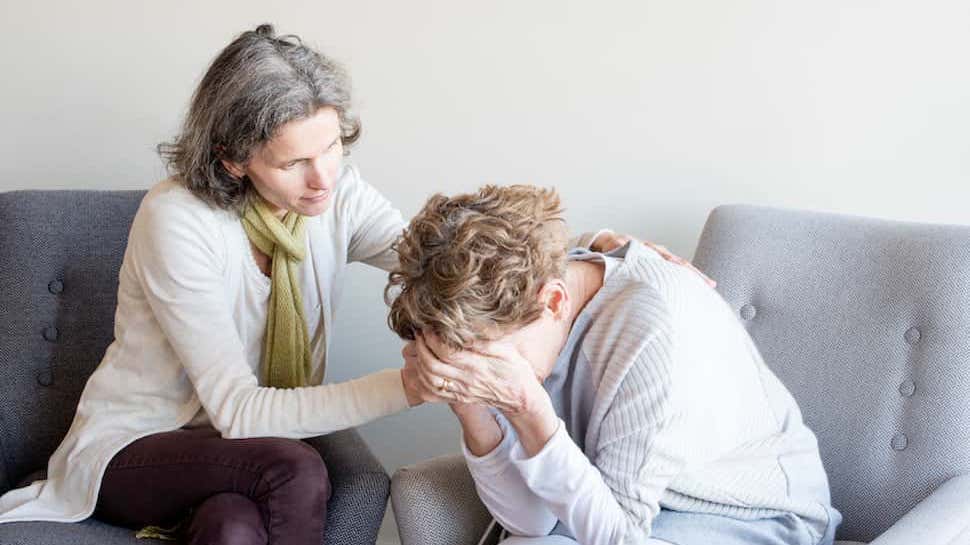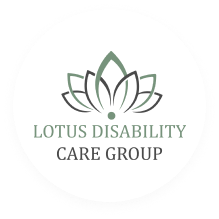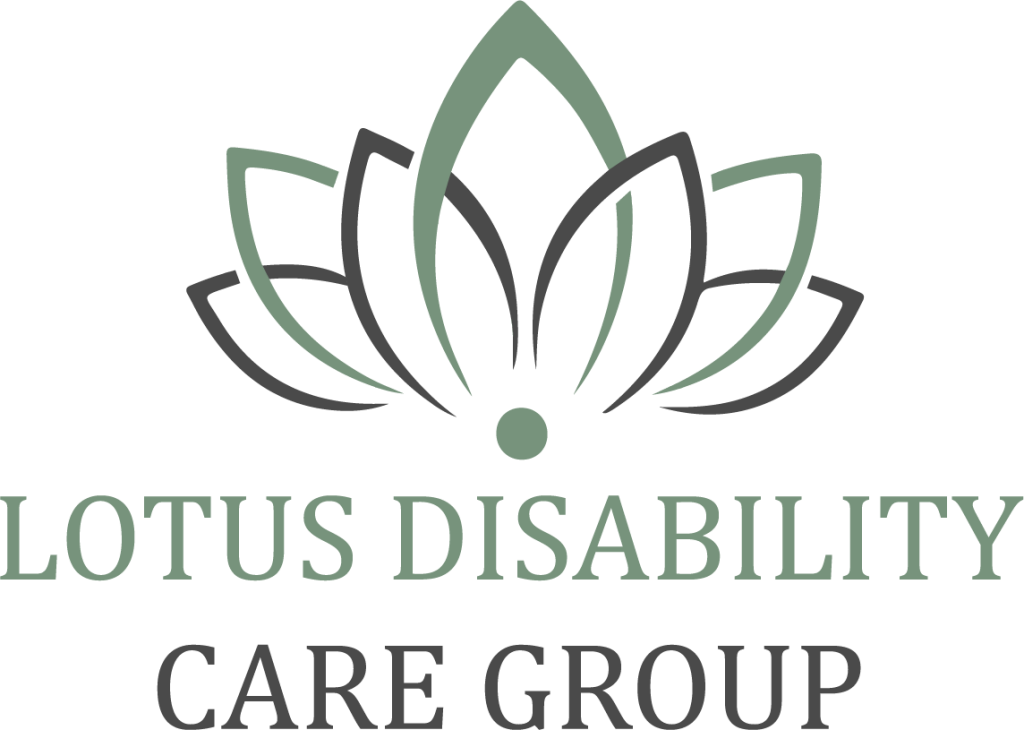Schizophrenia is a disorder where people interpret reality in an abnormal way. It can result in extremely disordered thinking and behaviour that can impair daily functioning significantly.
Schizophrenia often experiences considerable stigma in the community, which can add to the burden of the condition and quality of life. There are many myths about Schizophrenia including people having a ‘split personality’ or are violent or dangerous. These assumptions are vastly untrue and are demoralising to the individual.


Risk Factors
The exact cause of schizophrenia is not known, however certain factors can increase the risk of developing Schizophrenia. These include:
- Having a family history of schizophrenia
- Some pregnancy complications ie malnutrition or being exposed to toxins or viruses that can negatively impact on the developing brain
- Using drugs during teenage and early adulthood especially psychoactive or psychotropic drugs
Signs and Symptoms
There are 3 main categories of symptoms that people with Schizophrenia typically display.
-
Positive symptoms. These are things that add to normal mental functioning and negatively impact on sense of reality. These include: Hallucinations: people may see, hear, smell, or taste things that don’t exist. Auditory hallucinations are the most common and can include voices of people they know or don’t know. They can be judging or threatening them, or could present as a running commentary of what the person is doing, Most concerningly, they can demand them to do certain things. Sometimes instead of a voice people may hear a whistle or hissing noise.
Delusions: These are false beliefs that are not based in reality. For example, people may feel harmed or harassed or that certain gestures or comments are directed at them. People may experience grandiose delusions where they believe they have exceptional ability or fame. It is not uncommon that people believe another person is in love with them. These beliefs are fixed and no evidence of otherwise can change the person’s perception regarding these. -
Negative symptoms. These are things that are often absent from peoples life as a result of the condition. These can include loss of motivation and interest in daily activities, neglecting personal hygiene, appearance of lacking emotion such as eye contact, lacking facial expressions or speaking in monotone
-
Cognitive symptoms. This includes disorganised thinking and speech. Verbal engagement may be slow, absent or a mix of unrelated word referred to as “word salad”. People may also have trouble paying attention, concentrating, and remembering things. People may also experience abnormal motor behaviours such as strange posturing, excessive or resistance to movement and have unpredictable agitation. In extreme cases, people may have catatonic behaviour including not moving much or at all, or refusing to do things or speak.
Complications
If not treated, schizophrenia can result in severe problems that affect every aspect of daily life. Complications that can be associated include:
- Suicidal thoughts and attempts
- Anxiety and Depressive disorders as well as obsessive-compulsive disorder
- Alcohol, tobacco or other drug abuse
- Inability to work or attend school
- Financial difficulties and homelessness
- Social isolation and victimisation
- Health and medical problems


Diagnosis of Schizophrenia
- Current symptoms
- Past medical history and history of mental health issues
- Family history
- Substance abuse history
- Physical examination to rule out any underlying causes
- Blood tests and/or brain scans can also be used.
Diagnose requires the symptoms to be present for 6 months or more. They also need to be severe enough to cause negatively impact on functioning at work, school, home or socially.
People can have a diagnosis of psychosis which is similar to Schizophrenia, however the symptoms are less severe or have been present for a shorter period of time. This can be a one-off event or can go on to develop schizophrenia at a later date.
Treatment
People with schizophrenia require lifelong treatment. Early diagnosis and treatment has been shown to have better long term outcomes. Treatment options include:
- Medications such as antipsychotics and antidepressants
- Therapies such as cognitive behaviour therapy (CBT), supportive psychotherapy, family therapy
- In extreme situations Electroconvulsant Therapy (ECT or “shock therapy”) is required
Treatment for Schizophrenia can come with side effects that can be extremely debilitating and impact negatively on health and wellbeing i.e. weight gain. Side affects are the most common cause of people not taking medication regularly. It is imperative that people work with their practitioners and support team to work through these concerns in a safe and effective way.


Symptoms of Schizophrenia in teenagers are similar to those in adults however may be more difficult to recognize. This is because some of the early symptoms are typical development during teenage years. These include:
- Emotional withdrawal from friends and family
- Decline in performance at school
- Changes in sleeping
- Irritable, combative or depressed mood
- Loss of motivation
Use of recreational substance ie marijuana, methamphetamines or LSD, can also cause similar signs and symptoms
Where can I get help?
If you have any concerns, it is essential you discuss these with your trusted GP. Basic assessments can be performed and referral to a specialist such as a Psychiatrist will be made.
Suicidal thoughts and attempts are common amongst people with schizophrenia. If you have a loved one who is in danger of this, ensure someone stays with them and call OOO.
In Queensland your local ACT (Acute Care Team) can be contacted if a person or their loved one is deteriorating and you are concerned. The Gold Coast ACT team can be contacted on 1300 642 255
See below for some useful links
Lotus Disability Care Group supports a number of families affected by Schizophrenia and other Mental Health Disorders. We provide support and education for families including:
- Support Accessing NDIS
- Psychosocial Recovery Coaching: to provide support for your recovery journey, provide links to services as well as manage your support services, NDIS funding and necessary reporting
- Support Workers: to assist with personal cares, cooking, home duties, shopping, attending appointments and other social events
- Access to Allied Health services such as Psychologists and Counsellors. We also work closely with local mental health teams such as Psychiatrists to ensure prompt response to deterioration and ongoing care
- Domestic assistance with cleaning and yard care
- Small group social events to provide stimulation, maintain skills and socialisation
To find out more please contact info@lotusdisabilitycare.com.au.




